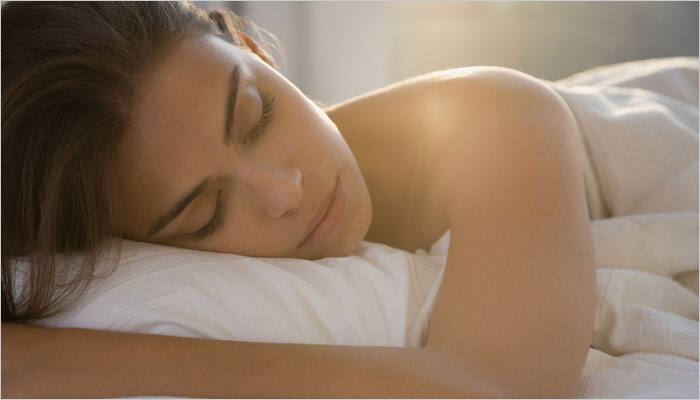New Delhi: Even though sleep is hard to come by in these days when a modern lifestyle has won the world's preference, an appropriate amount of it is of huge essence.
Sleep is considered to be one of the best paths to recovery and is meant to be healing, whereas the lack of it can negatively impact your health.
In such a fast-paced world and life, even a few hours of sleep feels like a blessing. But, among multiple complaints of insomnia, lack of sleep, sleep deprivation, disturbed sleep, etc, finding someone who does get the requisite amount of sleep is like searching for a needle in a pile of hay.
However, the introduction of sleep trackers/monitors did seem to change the situation and put things into perspective in this respect.
But can technology really help us catch an appropriate amount of the 'Z's'? A new report doesn't think so, suggesting that enthusiasm for such technologies may overshadow the benefits they can deliver.
The report further says that, sleep tracking devices may stand in the way of a good night's sleep.
People tend to get so worried about whether or not they were getting enough sleep that the stress and anxiety keeps them awake, researchers said.
This may cause 'orthosomnia' or the quest to achieve perfect sleep, the researchers said.
Part of the problem lies in the technology itself. The study shows that the increasingly popular devices "are unable to accurately discriminate stages of sleep."
"It is great that so many people want to improve their sleep. However, the claims of these devices really outweigh validation of what they have shown to be doing," said lead author, Kelly Glazer Baron from Rush University in the US.
"People pursuing the 'quantified self,' rely on the daily acquisition of data to enhance their mental and physical life. But, some people do take it too far, and that can be stressful," Baron added.
"The devices are not able to differentiate between light and deep sleep, they might call it sleep when you're reading in bed," Baron added.
These devices can also reinforce poor sleep habits. For instance, in hopes of increasing the sleep tally on their trackers, each of the patients in the study spent more and more time in bed, behaviour that runs contrary to the recommendations of sleep therapists.
The study was published in the Journal of Clinical Sleep Medicine.
(With PTI inputs)
















